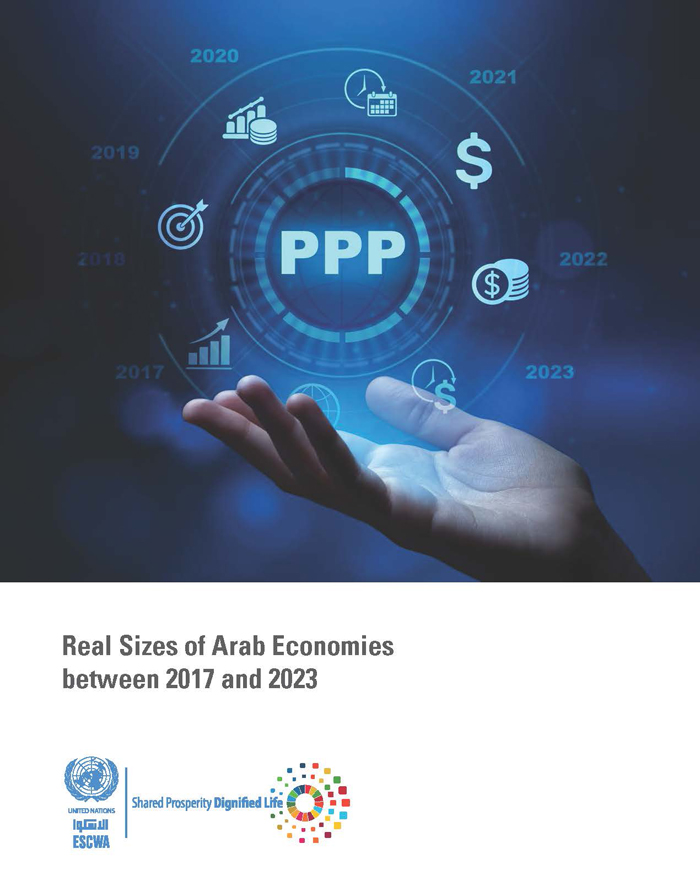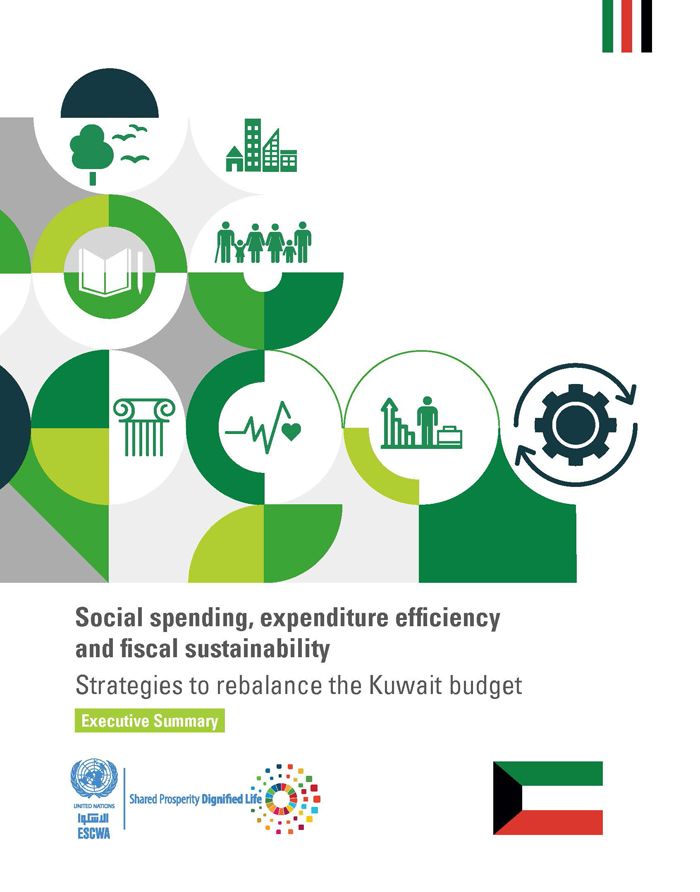
ESCWA Publication: E/ESCWA/CL3.SEP/2022/Policy Brief.2
Country: Arab region
Publication Type: Policy briefs
Cluster: Shared Economic Prosperity
Focus Area: Financing for development, Macroeconomics
Initiatives: Illicit Financial Flows, Arab Financing for Development Gateway, Artificial Intelligence-Powered Budgeting, Arab Financing for Development Scorecard, Taxation and domestic public resource mobilization
SDGs: Agenda 2030
Keywords: Policy making, Finance, Tax administration, Digital economy, Investment policy, Incentives, Transnational corporations, Tax incentives
Arab policy choices and financing opportunities in a new world tax order
January 2023
In the era of mass digitalization, tax abuses and associated revenue leakages have been amplified as new business models allowed multinational corporations (MNCs) to generate income without maintaining a physical presence in the markets where real economic activity takes place. To address these challenges, the G20 Summit held in Rome on 30 and 31 October 2021, advanced a two-pillar solution under the Inclusive Framework on Base Erosion and Profit Shifting (BEPS), developed by the Organization for Economic Cooperation and Development (OECD) and envisaged as a multilateral instrument open for signature after its finalization, expected by mid-2023. The framework is expected to enter into force in 2024.
This brief offers an initial assessment of the G20/OECD Inclusive Framework on BEPS, with a focus on the impact of the proposed global minimum effective corporate tax rate on public coffers/revenues and investment interests in the Arab region. Recognizing that several aspects concerning the application of the framework will continue to evolve, along with technical work, before it comes into effect, several policy choices confronting potential Arab subscribers are weighed in the brief with respect to the application of salient pillar-two compromises on public revenues, MNC locational decisions, FDI patterns, tax leakages and incentives.
Related content
Financing for development
, Macroeconomics
,
In the era of mass digitalization, tax abuses and associated revenue leakages have been amplified as new business models allowed multinational corporations (MNCs) to generate income without maintaining a physical presence in the markets where real economic activity takes place. To address these challenges, the G20 Summit held in Rome on 30 and 31 October 2021, advanced a two-pillar solution under the Inclusive Framework on Base Erosion and Profit Shifting (BEPS), developed by the Organization for Economic Cooperation and Development (OECD) and envisaged as a multilateral instrument open for signature after its finalization, expected by mid-2023. The framework is expected to enter into force in 2024.
This brief offers an initial assessment of the G20/OECD Inclusive Framework on BEPS, with a focus on the impact of the proposed global minimum effective corporate tax rate on public coffers/revenues and investment interests in the Arab region. Recognizing that several aspects concerning the application of the framework will continue to evolve, along with technical work, before it comes into effect, several policy choices confronting potential Arab subscribers are weighed in the brief with respect to the application of salient pillar-two compromises on public revenues, MNC locational decisions, FDI patterns, tax leakages and incentives.



